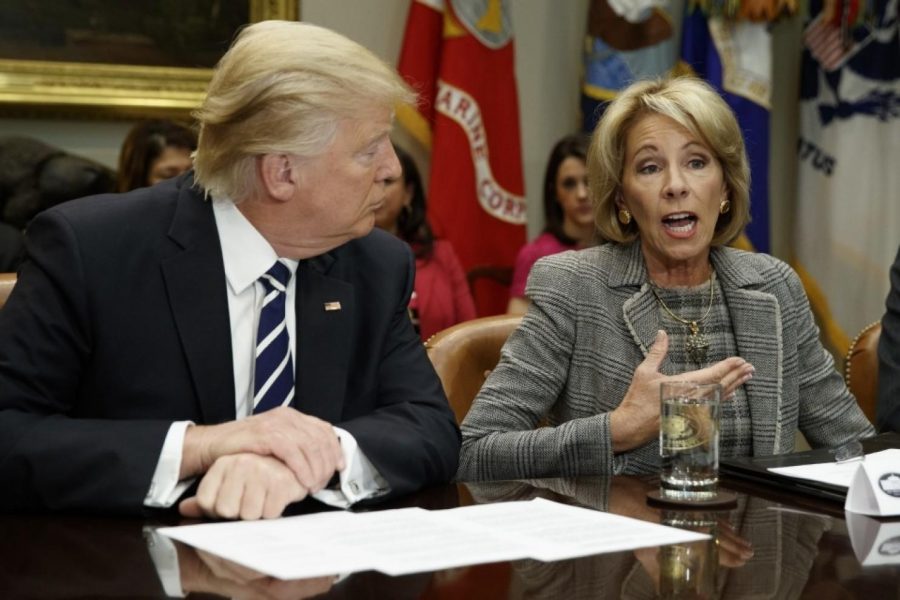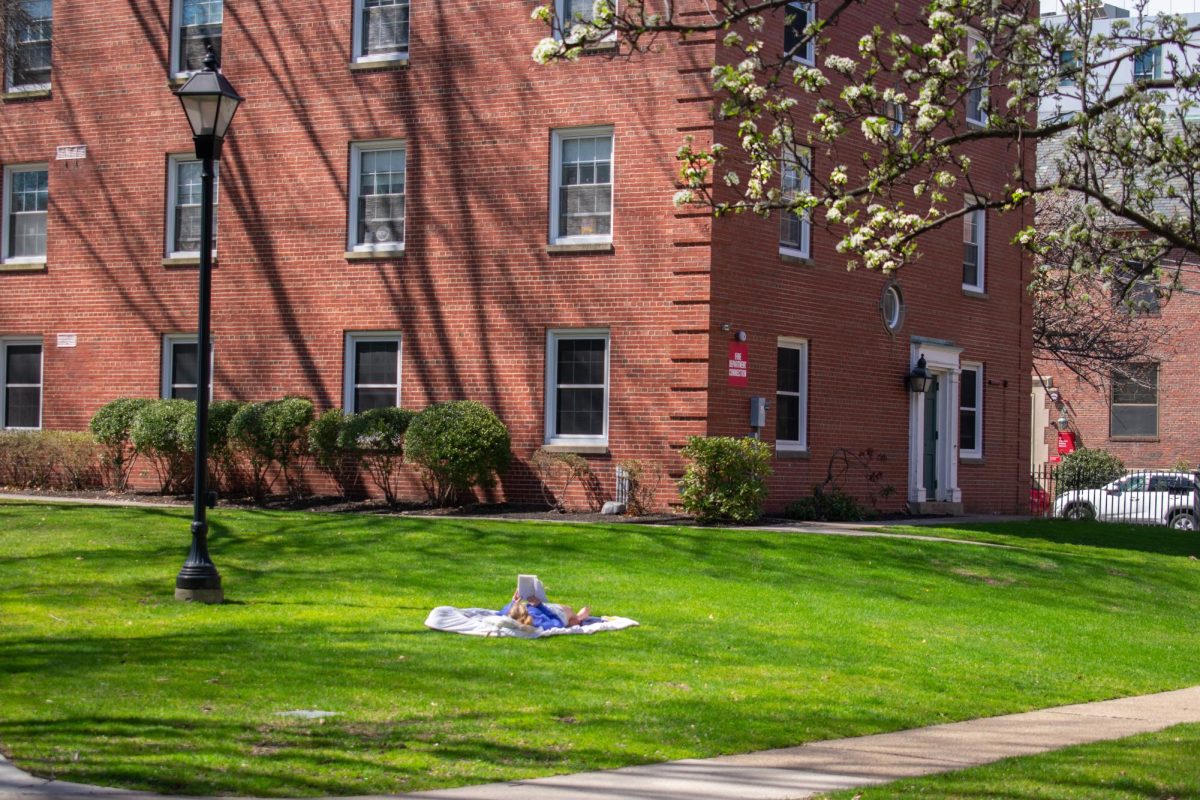In an attempt to manage their massive debt, the MBTA has unanimously voted on Monday to conclude its late-night pilot program, which has affected the subway and bus line services since 2014, extending their hours of operations from 12:30 a.m. to 2 a.m. on the weekends.
The T’s seemingly unsolvable debt—currently projected at $138 million—has been provided time and again as an excuse for the service to explain away its poor performance.
Although the loss of any service that provides convenience for the public in any way is always lamentable, the issue with the cutting of late-night MBTA service is not in the many additional taxi fares that Bostonians will once again have to pay on the weekends, but as another point of evidence towards the ever-building case that the MBTA does not place a priority in its main—and arguably only—purpose: serving the Boston public.
Complete service halts at the appearance of more than a few inches of snow, delays so severe that the general manager releases a public statement urging riders to find alternate forms of transportation, massive maintenance backlogs, and a slew of other issues have seemed to bring a service whose whole function is supposed to be moving people forward to a literal and figurative grinding halt over the last few years.
“A vibrant economy demands a public transit system that caters to the residents, students, and tourists it serves,” said former governor Deval Patrick back in 2013. Although his statement was actually referring to the then-newly-proposed idea of extended hours on the MBTA, his words hold true about the T in a greater sense as well. Boston is a growing city with residents across all demographics who require and also deserve a public transit system that “caters to their needs” (that is, functions properly and provides useful services).
There were many arguments for benefits of the late-night service, and although it was a very small step in the right direction, even extending hours only two days a week failed to provide a crucial service to a majority of individuals who required it since most people do not work only on Fridays and Saturdays.
While other cities, such as New York City, include 24-hour subway service as part of their public transit infrastructure, and the size differences between a city like New York and Boston are significant in many regards—such as city budget, population, and public transit usage—the function and value of a 24-hour public transportation service is an important service in a city of any size. Actually, the function and value of a properly working public transit system in general is an important service in a city of any size.
The real issue here is not that the MBTA was forced to cut one of the only positive changes it has made in the last few years, but that the MBTA as a whole is not currently performing the service that it is tasked with providing.
“As someone who’s looked at the numbers for a long time, we’re not going to be able to reform and efficiency and effectiveness our way out of this problem,” said Rick Dimino, president of the nonprofit A Better City, who co-chaired a transportation transition team for Boston Mayor Marty Walsh. “The transportation system simply needs more money.”
Massachusetts needs to invest in its public transit infrastructure, whether it be for the benefit of its citizens or for its own good—a recent study conducted at the University of California, Berkeley showed that on average, expanding transit service produced an economic benefit of roughly $45 million a year.
Fixing the MBTA, and getting it to the point where it can provide beneficial and successful programs that improve the quality of life for Boston-area residents, will be a huge and long-term investment, but it is an investment that—for the continued wellbeing of our city—needs to be made.



















